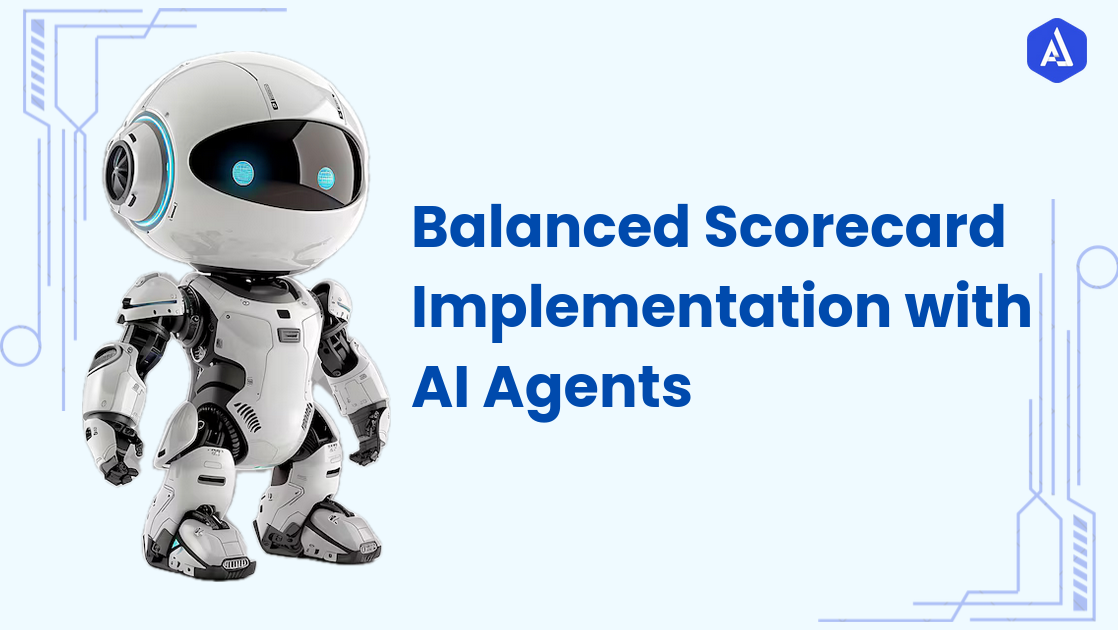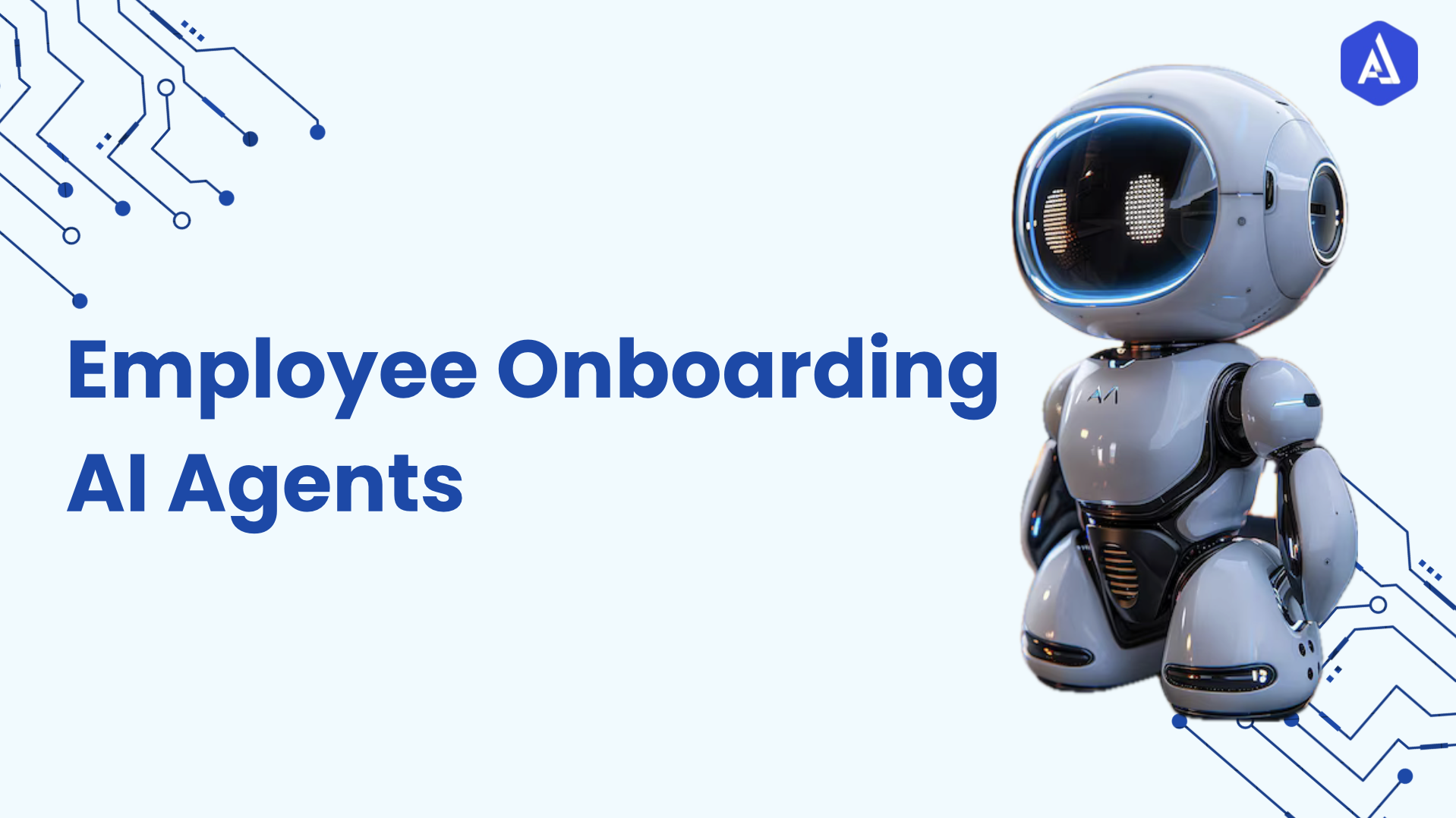In the current business environment that is characterized by the increased pace of change in regulatory requirements, compliance officers encounter a significant challenge of dealing with cumbersome and repetitive filing procedures.
In response to these tasks, our team has built an AI-based regulatory filing automation agent designed to revolutionalize the organisational approach to preparation, submission, and management of documents. This innovative virtual worker streamlines productivity by improving performance and minimizing the risks of mistakes and gaps for teams to prioritize high value-added work.
About the Regulatory Filing Process
The process of filing regulations, usually carried out by mere submission of data, interpretation of regulations, and filling of many forms within a short span of time are normally regarded manual and prone to many mistakes. This is a delicate and highly time sensitive process prone to errors which if made results in fines and loss of reputation. These steps are managed by our AI agent, which improves their speed and accuracy alongside strict control by the compliance departments.
Process Steps:
-
Data Collection: Gathering necessary data from the organization’s IT systems.
-
Regulation Analysis: Interpreting current and updated regulations relevant to the filing.
-
Form Completion: Automatically filling out required regulatory forms based on collected data.
-
Compliance Check: Evaluating the organization’s adherence to the regulations.
-
Submission: Submitting completed forms and documentation to the relevant regulatory authorities.
Our AI agent fits perfectly into this loop and can repeatedly and efficiently perform all these tasks while still having the high level decision-making held in the hands of the compliance team. Through data collection, form completion and regulatory check, the use of AI reduces risk of errors and enhances the general filing process.
The Regulatory Filing Automation AI Agent
The Regulatory Filing Automation AI Agent is an enhanced intelligent system married to the regulatory filing process leveraging on best Machine Learning and Natural Language Process technologies. It helps compliance teams by performing tasks that once had to be done manually, but would take a lot of time, and could be prone to errors when it comes to submitting docs for regulatory compliance to avoid companies being on the wrong side of the law due to the never-ending change in regulations.
Key Capabilities:
-
Mass Data Processing: Quickly analyzes and extracts relevant information from large regulatory documents.
-
Automated Form Completion: Accurately fills out complex forms, ensuring compliance.
-
Real-Time Updates: Automatically updates filings based on the latest regulatory changes.
-
Compliance Risk Prediction: Identifies potential compliance risks and suggests preventative measures.
-
Audit Trail: Tracks filing progress and ensures accountabilities for all actions.
-
Multi-Jurisdictional Compliance: Adapts to different regulatory requirements across regions.
-
Efficiency & Speed: Automates tasks, reducing time and errors in the filing process.
-
Customizable Reports & Alerts: Keeps teams informed of deadlines, updates, and risks.
That is why our AI agent is not a simple technological solution, but a multitasking instrument designed to work together with the enterprise systems like ERP and CRM to organize the data flow efficiently. As time goes on it gets better and better at the job and gets better at estimating future filings and thus it is a valuable tool for any compliance team.
Benefits of AI Agents for Regulatory Filing Automation
The integration of our AI agent into filing of information with the regulatory authorities is a valuable multiplied technique because it transitions compliance from a negative aspect to a positive advantage.
-
Improved Efficiency: The AI agent also acts to enhance efficiency to the time-consuming task of regulatory filings on behalf of the company. Compliance teams no longer spend days or weeks compiling data, and filling in forms manually to gather filings now that the task can be done in a fraction of the time freeing up their skills for other work.
-
Reduced Costs: The savings that arise from outsourcing the menial tedious tasks help organizational leaders to allocate considerable time on appropriate decision making. The former also means a reduced cost of operations since the involvement of human resources to handle filings lowers considerably.
-
Enhanced Accuracy: The AI agent reduces human errors; this is very important especially for regulatory compliance, a single mistake attracts severe consequences. Its advanatage allows for proper focus, and when it is developed to be consistent in completing filings with accurate information it will be proper all the time.
-
Risk Mitigation: By having compliance check protocols within the product and a means of immediate regulatory update, the risk of falling foul compliance is greatly reduced. It can predict potential problems which do not have to result in the administrative penalties or a negative image of the company.
-
Scalability: It is obvious that as an organization expands, the form filling processes also increase in terms of difficulty. Consequently, our AI agent will be capable of managing that increased volume and filing complex cases that businesses undertake as they expand into new markets or jurisdictions.
By thus converting the process of filing into an efficient electronic process the AI agent gives business a strong tool for keeping up with regulatory directives and for consistently being compliant with them.
Industry Use Cases: Regulatory Filing Automation AI Agents
The potential uses for our AI agent include virtually all industries that have different levels of regulatory compliance requirements. Here are a few examples of how the agent can be utilized:
-
Financial Services: In the financial sector it is required that organizations file elaborate papers with the appropriate authorities such as the SEC. It means that with the help of the AI agent, corporations can have business reports and 10-Ks, 10-Qs, and other documents prepared with great accuracy and without any violations of the most recent rules and regulations. In turn, the AI agent expedites the process of data gathering as well as interpretation and leaves no chances for personnel to be overwhelmed by paperwork instead of working on strategies.
-
Pharmaceuticals: In drug approval processes documentation, data computation, and constant updating because of new requirements are significant. Some of the roles of our AI agent include assisting pharmaceutical firms on the preparation of New Drug Applications (NDAs) and any other regulatory filings thereby decreasing the time and costs re quired for the development of new drugs.
-
Energy & Telecommunications: These two industries are highly regulated, and more specifically each jurisdiction poses its own set of challenges. Using AI, the agent can keep track of the regulation changes simultaneously within the different areas, so that filing continues to be compliant with the rules in those areas. This is because, through processing of such kinds of regulatory informations, the companies in energy and telecom sectors are capable of fulfilling all the standards of different national and international organizations.
In all these industries, our AI agent supplements the filing process by minimizing paperwork, increasing efficiency, and guarantying that filings are recent and adhere to the legal requirement.
Considerations
While our AI agent offers significant benefits, successful implementation requires addressing both technical and operational considerations:
-
Data Integration: It must be fully connected to different other internal systems including the CRM, ERP, and document management systems. Sometimes this can be tricky, involving intricate workflows and details in terms of flow of information, time taken etc. to avoid interferences in the flow.
-
Security & Compliance: Since regulatory filing involves a lot of sensitive data information thus there is need to also make sure that the AI agent is very strict on issues concerning security and data privacy. It is, therefore, important that sensitive information be encrypted as well as be put behind strong access controls with good auditing mechanisms.
-
Change Management: The integration of AI into the regulation filing process may be opposed by teams that have not worked with it before. It entails staff training, encouragement, and communicating information necessary for staff to trust the system and reception processes.
-
Continuous Improvement: It becomes increasingly beneficial over specified periods but needs constant update and tune up for it to reflect the new emerging regulations and datasets. Supervisors must spend their money in the maintenance and the improvement of the system to get the most of it.
Usability
-
Automates Repetitive Tasks Mechanizes Routine Exempts the repetitive burden of data gathering and recording, completing forms and running checks for compliance.
-
Enhances Accuracy Eliminates dependence on individual interpretations and judgement, have filings made accurately the first time, without need for corrections.
-
Improves Efficiency Reduces time spent in the regulatory filing process to enable compliance teams to work on core value addition tasks.
-
Real-Time Updates This option makes it easier to update any filings to the current regulatory environment when they have not been updated.
-
Risk Mitigation Detects possible compliance risks and sends notifications to decrease the possibility of sanctions
Talk about the Future
For this reason, as the technology of Artificial Intelligence advances, new advancements of the regulatory filing automation agent will also be identified. The ideal future state for this process would be to have a much smarter integrated system that can file, be proactive, simultaneously in terms of risk management or noting trends in regulations, change in strategies or improvements in compliance.
We also expect an increased adoption of other technologies like blockchain in the future to improve transparency and security when filing particular patents. With the added regulation of organizations growing each day, the future shall further assert the necessity for enhanced AI-driven solutions – which our agent offers in affirming compliance and superior performance.
It is also important for regulatory filing automation’s future and for our AI agent to adapt to these changes as the pace of the business and regulatory environment increases.

-1.png)
